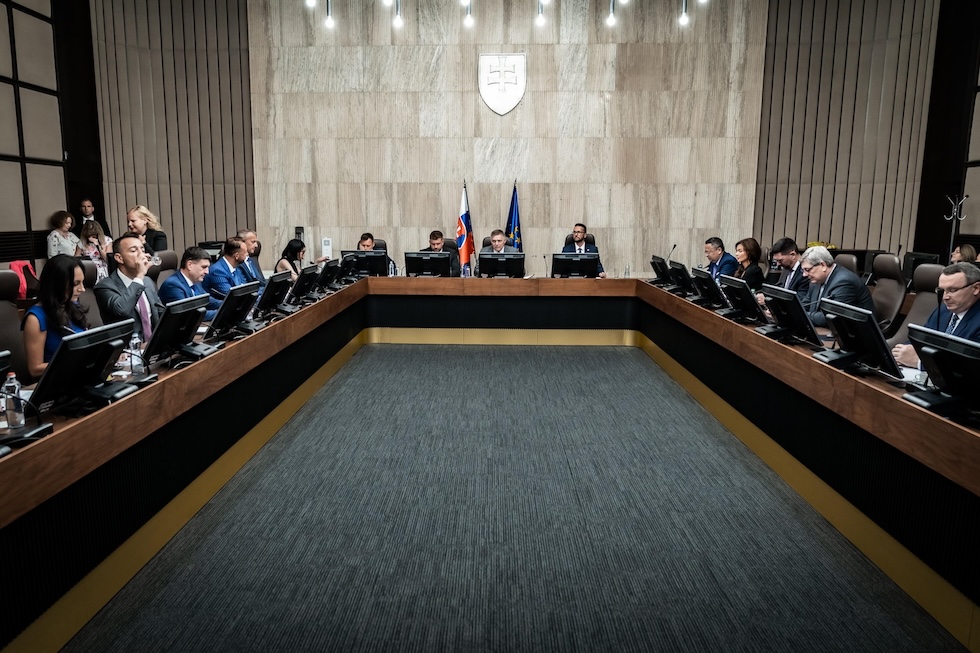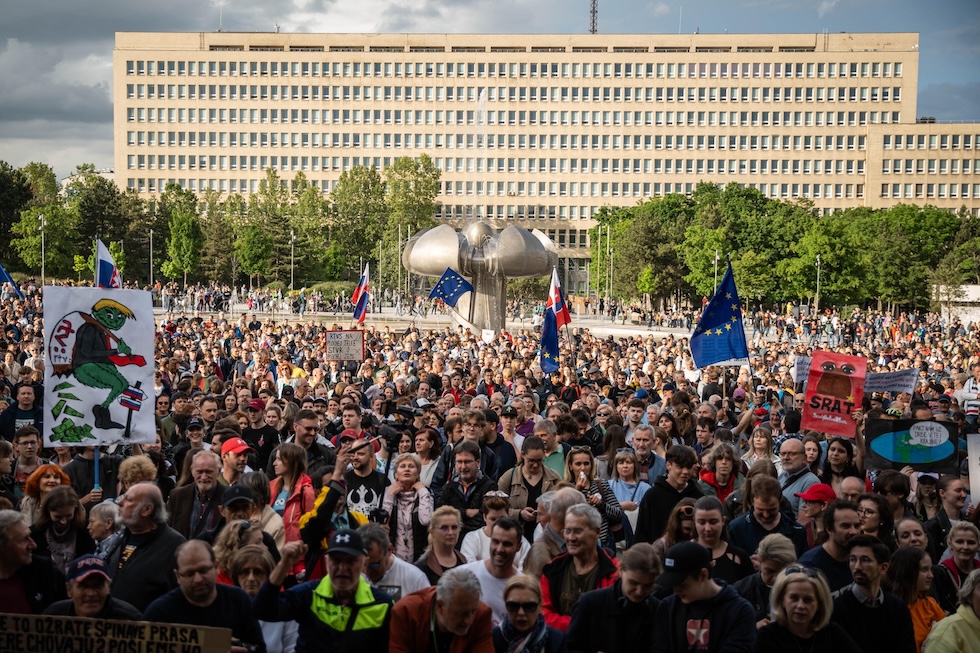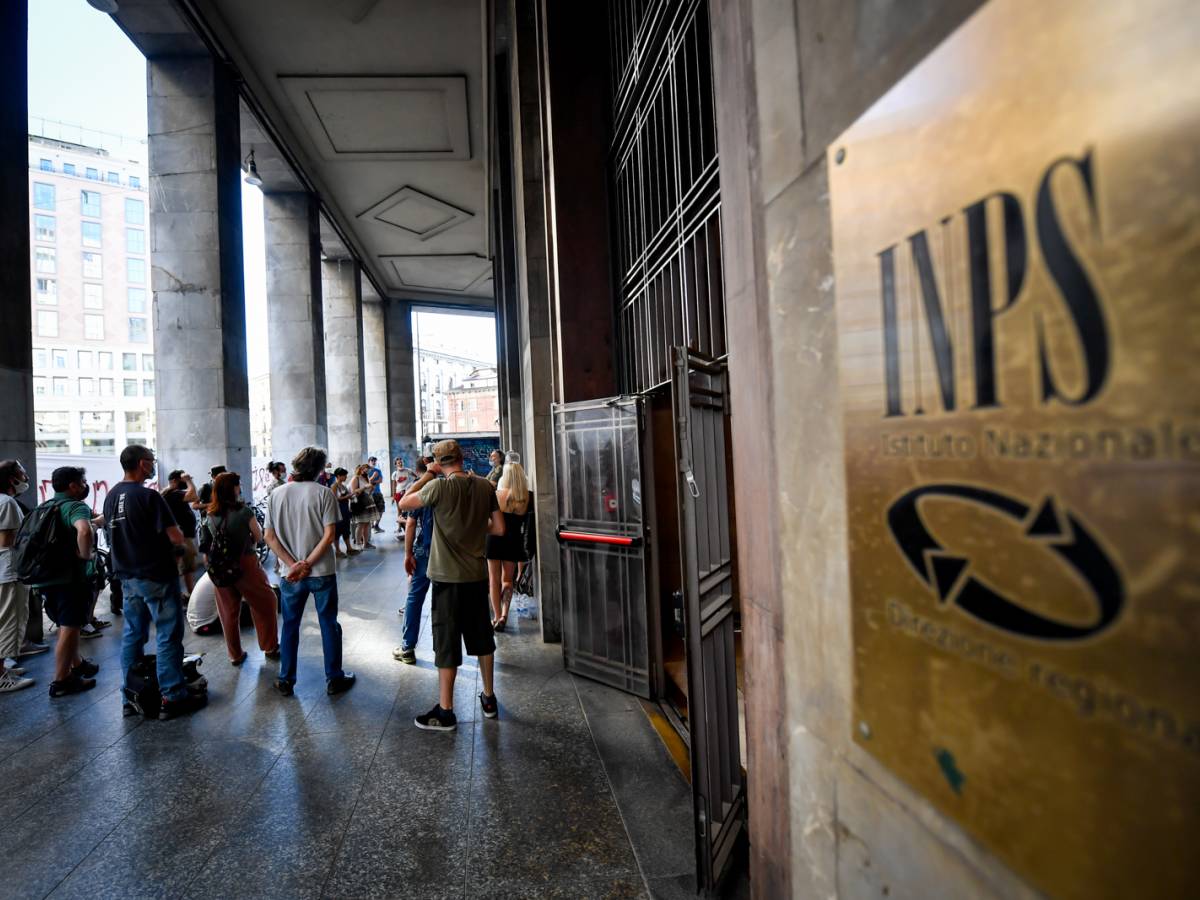About 9 thousand people in Bratislava on Monday They protested Against one of the latest decisions of the Slovak government: the dismissal of the directors of two important cultural institutions in the country. The capital has seen several similar demonstrations in recent months, as the government of Prime Minister Robert Fico adopted several controversial measures. The opposition and Media Internationalists say that since his return after surviving the assassination attempt on May 15, Fico has continued to use particularly aggressive rhetoric, which has been reflected in the government's behaviour.
About the latest events, the newspaper Insight Balkans to speak “Culture wars”, that is, actions motivated by political reasons, in particular, the desire to punish the side opposing his own. Fico, who has already served as prime minister for three terms between 2006 and 2018, leads a coalition ranging from his left-wing populist party (Smer) to the far-right nationalist (SNS), united by pro-Russian positions and sovereignist ideas. The latter case concerns the Minister of Culture, Martina Simkovicová, appointed by the National Socialist Party.
Last week Simkovicova ordered that. the chapter By Matej Drlička, who was the head of the Slovak National Theatre, and then Alexandra Kosa, the director of the Slovak National Gallery, mainly for his public defense of Drlička. Simkovičová had cited reasons vaguely related to her role, saying that she was dissatisfied with the management of the two cultural institutions, but it was clear from the beginning that the real reasons were political: the minister herself accused Drlička of engaging in “political activity”, i.e. of criticizing the government, and Kosa of the absence of Slovak flags in the museum.
In short, Drlicka and Kosa were expelled because the government considered them too close to the opposition. These days one online petition A petition calling for Simkovicova’s resignation has surpassed 178,000 signatures. Simkovicova is a former TV journalist who was fired in 2015 over Facebook posts that denigrated Syrian migrants, but she continued to post racist and homophobic content and has taken anti-vaccine stances during the pandemic. She has also recently faced a challenge because, despite her nationalist rhetoric, she used to live in the Austrian municipality of Kitzsee, just across the border. She has now moved to Slovakia, but has not said where.
The “purges” in Drlička and Kosa, as the opposition calls them, are not the only thing being talked about a lot in Slovakia.
Last Wednesday, Justice Minister Boris Susko (part of Fico’s party) released former prosecutor Dušan Kovaček, who had previously appealed to the Slovak Supreme Court after being sentenced to eight years in prison for corruption in 2022. It falls within Susko’s purview, but it is unusual and has little precedent. Moreover, Kovaček, who has served as a minister several times in Fico’s governments, is part of the prime minister’s inner circle of allies.

First government meeting under Robert Fico's chairmanship, July 9 (EPA/LUBOS BILACIC)
In recent months, and especially after the attack, the government has introduced various measures to limit freedom of the media and freedom of demonstration, or to amend the penal code for security reasons. The government has then faced protests from NGOs and European institutions (He is not very sensitive to opposition bills), he partially changed these bills, but in the end they were approved in Parliament anyway.
A little-known issue involving a set of laws, consent At the end of June, which will ban demonstrations near parliament as well as in areas where government officials live or work. Amnesty International Slovakia Director Radu SlobodaSpecify “Attempting to use security and public order as a pretext to suppress the right to assembly.”
And last week also the government Advertise A plan to abolish the National Crime Agency, which investigated corruption, is unclear, and how he intends to replace it. By mid-July, some things had been done. Changes The reform of the penal code was largely cosmetic, softening penalties for some crimes, including corruption and fraud. The changes were made to avoid the risk of losing PNRR funds, as the European Commission had threatened when the original version of the reform was presented.
Finally, there was the controversial reform of public television in Slovakia. In addition to changing the name of the public broadcaster, the reform transfer Control of the state broadcaster: Four of the nine board members will be appointed by the culture ministry. The other five will be appointed by parliament, where Fico has a majority. The leader of the main opposition party, Progressive Slovakia, Michal Šimeka, has appealed the ruling to the Constitutional Court.
The post in which Fico announced that he no longer needed crutches
It is an authoritarian tendency. second the GuardianThe prime minister, among other things, seems more determined than ever to insist on policies of this kind. “Instead of opening a phase of national purge, Fico responded to this vile attack by blaming the opposition and continuing to dismantle the judicial, police and media institutions with renewed momentum.” books Eddie Wax reports from Bratislava for Political Europe.
Among other things, the Prime Minister He said He forgave the man who tried to kill him, but not the opposition, which he holds responsible for the toxic political climate – which is in fact due mainly to the tones used by Samir. Vico's past He called He is an “enemy” of the media and on his personal social media pages creates a video column that has reached 28 episodes entitled “What was not in the press”. TitleThe last episode It was: “The liberal progressive media and its followers [politici] “They will produce another Syntola,” named after 71-year-old Juraj Syntola, who is accused of shooting him.
“Fico has become more aggressive and divisive in his rhetoric,” Shimeka said. Political EuropeHe explained to the same newspaper that “what drives him on the one hand is a sense of revenge, and on the other hand the desire to control the state apparatus, to prevent him and his comrades from facing difficulties again in the future.” Anton Spisak Centre for European Reform Research. European elections In the June 6-9 poll, Progressive Slovakia came in first with nearly 28 percent, ahead of Smir, who received just under 25 percent of the vote.

Protest against reform of Slovak public television, on May 2 in Bratislava (EPA/JAKUB GAVLAK)
– Read also: Politics in Slovakia was already toxic.

“Reader. Travel maven. Student. Passionate tv junkie. Internet ninja. Twitter advocate. Web nerd. Bacon buff.”




